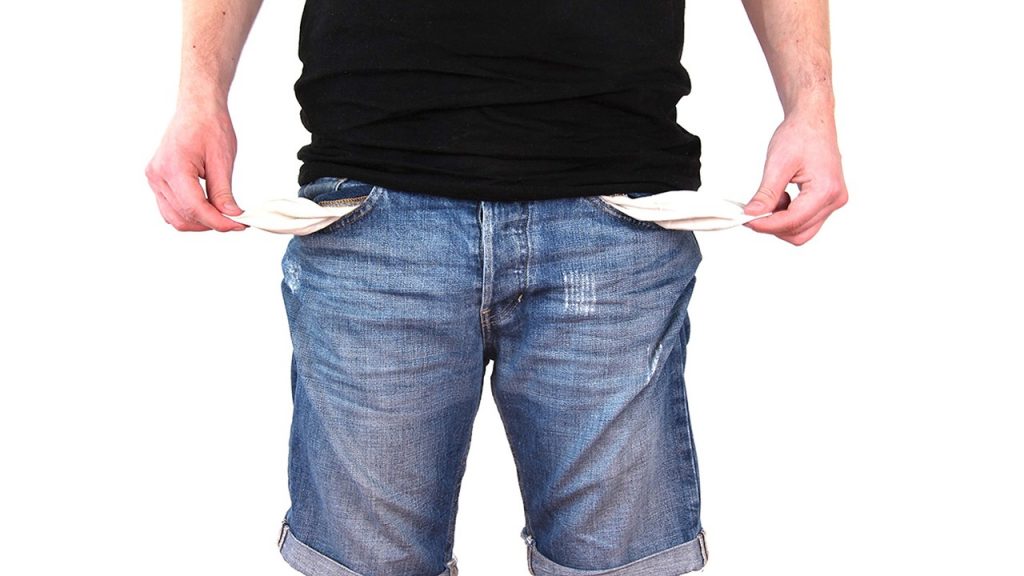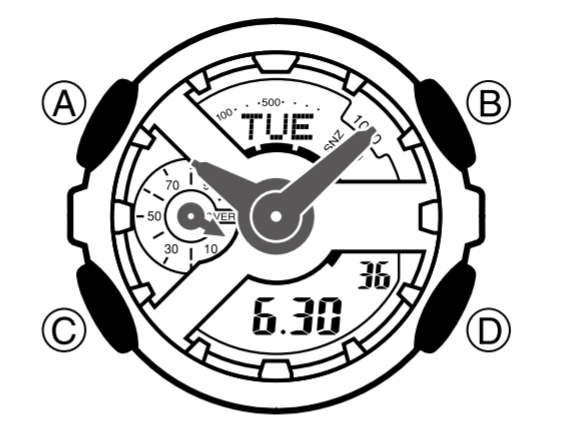First Republic Bank Will Be The Next US Bank To Collapse?
First Republic Bank nearly became the next bank in what now is a growing list to collapse, but was bailed out at the last minute by larger banks like JP Morgan.

After the recent collapse of California-based Silicon Valley Bank and Signature Bank, increased fears in the finance sector have caused many small and mid-size banks to struggle. Another California institution, First Republic Bank, is the most recent to experience near-failure, as recent anxieties caused a record number of investors to withdraw their investments. Thankfully, big banks stepped in to lend the smaller bank money, in an effort to prevent the collapse of the financial sector.
According to NPR, the biggest contributors to First Republic Bank were Citigroup, Bank of America, Wells Fargo, and J.P. Morgan Chase at $5 billion each. Goldman Sachs and Morgan Stanley deposited $2.5 billion each, and another five banks will each contribute $1 billion. These contributions are meant to both stop a larger string of bank runs in the U.S., and to underline the importance of small and mid-size banks in the American financial system.
Various government officials have praised the banks’ quick action to save a fellow bank, saying that actions like this—and an overall reassurance to the American people that their finances are not in danger—is what will stop this from becoming another collapse of the financial sector. Though general concern about the banking system has skyrocketed in the last few weeks, we’ve yet to see a collective run on the banks that could cause its complete collapse. Those concerns and anxieties are largely what caused the near-collapse of First Republic Bank.
Like Silicon Valley Bank and Signature Bank, First Republic Bank catered to wealthy clients and companies, and over 67 percent of its deposits were above the federally-insured $250,000. The recent bank collapses caused more and more of First Republic Bank’s clients to remove their deposits, even as the bank assured customers that it had lined up $70 billion in financing from the Federal Reserve and could access more if needed to meet withdrawal demand. Even with this new funding, though, First Republic Bank would have gone under if not for the lending power and generosity of bigger, nationwide banks.
Banks around the country, as well as government agencies and officials around the world, are doing everything the can to prevent a widespread financial panic, which would cause a run on banks and, as a result, a likely collapse of the banking system. While U.S. banks are currently experiencing the brunt of the anxiety, even banks based in other countries, like Switzerland’s Credit Suisse, are struggling and at risk of collapse. The problem, according to financial experts, isn’t necessarily that the banking system or finance sector are more fragile than usual, but the public’s lack of confidence and actions as a result.
While wealthy investors and businesses weigh exacerbating the problem by withdrawing their deposits or protecting their assets, many millennials and other young people still haven’t recovered from the last financial crisis. Jokes on TikTok and other social media platforms abound, with sarcastic posts wondering what they’ll do if the banking system collapses, and they lose the $20 in their savings accounts. All jokes aside, though, another financial crash, just a little over a decade after the last one, would be detrimental to many U.S. citizens.











